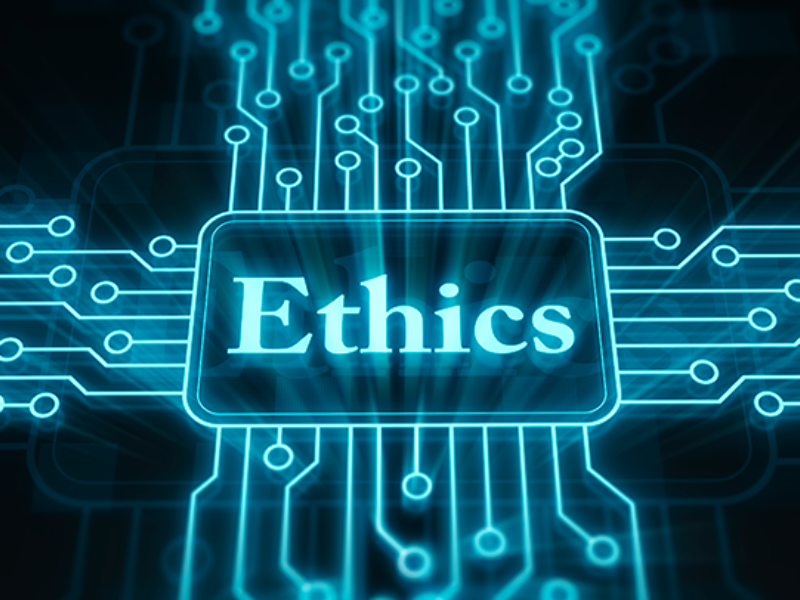- The ethical issues of the digital age are multifaceted and interconnected, including privacy, data manipulation, digital divides, algorithmic bias, and the commodification of human attention.
- As technology continues to advance, it is essential that we remain vigilant in safeguarding individual rights, promoting fairness, and ensuring that the digital world serves the common good.
The digital age has brought about unprecedented levels of connectivity and information access, but alongside these benefits come a myriad of ethical challenges. From privacy concerns to the manipulation of personal data, the ethical landscape of the digital era is complex and ever-evolving. We will explore several key ethical issues that define our digital age, including privacy, data manipulation, digital divides, algorithmic bias, and the commodification of human attention.
Privacy in the digital age
In the realm of digital technology, privacy has become a contentious issue. With every online transaction, search query, and social media post, users leave digital footprints that can be tracked and analysed. Companies often collect vast amounts of data to tailor advertisements and services, raising questions about consent, surveillance, and the right to privacy. The balance between personal freedom and corporate interests is increasingly precarious, with users often trading privacy for convenience without fully understanding the implications.
Also read: What causes digital divide and how to close it?
Data manipulation and misinformation
The ease of sharing information online has led to an era of misinformation and data manipulation. False narratives can spread rapidly, influencing public opinion and even election outcomes. Deepfakes, manipulated images, and videos add another layer of complexity, making it difficult to discern truth from fiction. This manipulation of data not only undermines trust in digital platforms but also poses a threat to democratic processes and individual autonomy.
Also read: The crystal ball of the digital age: Predictive analytics
The digital divide and access to information
While the internet has democratised access to information, it has also widened existing social divides. The digital divide, characterised by unequal access to digital technologies, leaves marginalised groups at a disadvantage. This disparity in access to information and resources exacerbates social inequalities and limits opportunities for education, employment, and participation in the digital economy. Addressing this divide is crucial for creating a more equitable digital landscape.
Algorithmic bias and fairness
Algorithms, the unseen forces behind much of the digital experience, are not immune to bias. When trained on biased datasets or designed with inherent prejudices, algorithms can perpetuate discrimination in hiring, lending, and even criminal justice systems. The lack of transparency in algorithmic decision-making makes it challenging to identify and rectify biases, leading to unfair outcomes that affect real lives.
Attention economy and mental health
The digital era has ushered in what is often referred to as the ‘attention economy’. Platforms compete for users’ time and attention, employing tactics that can be addictive and detrimental to mental health. The constant need to check notifications, the pressure to maintain an online presence, and the fear of missing out (FOMO) contribute to rising levels of anxiety and depression. The ethical dilemma centres around whether technology should prioritise user engagement over well-being, prompting a reevaluation of design principles and user protection measures.

